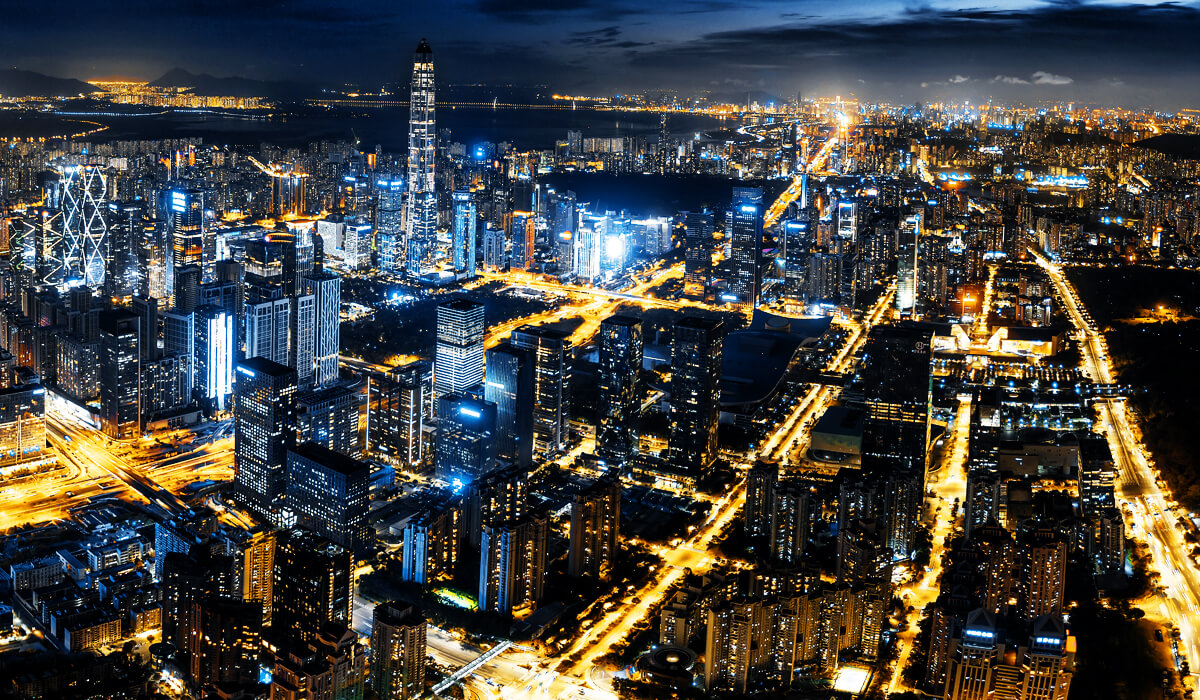Like other corporate venture capital funds, Development Ventures (DV) prioritises helping startup businesses that use…

There is no other place better than “Shenzhen” in terms of rapidness for hardware development until it is launched to the market or the efficiency of supply chain. Shenzhen is now attracting startup teams from all over the world. Over half of them are from North America, one fourth from China and the rest from Europe.
The truth has been tested and proven. One week in Shenzhen is like one month in another.
“The team has been here for three months and they’ve completed the research and development that normally takes about a year,” said Duncan Turner, Managing Director of HAX, who spent many years between London and Xiamen before taking over HAX which is an incubation project for hardware startups. Turner has been a project leader since it was founded. He was also the former head of engineering and product design of IDEO.
“You can build a prototype anywhere, but it takes a lot of time. About 90% of electronics are originated in Shenzhen. You may use components from Westem, but you’ll find that when you produce everything has already changed. So you have to design and produce new ones,” Turner said.
The most remarkable thing about Shenzhen is that it is not just a city transformed from a rural village with 30,000 population, to be a metropolis of 20 million people in 30 years. This is undoubtedly unusual. But the most amazing thing Is behind the unmeasurable growth, Shenzhen is the origin of almost all hardware manufacturers in the world.
HuaQiangBel electronic market, in the South of Shenzhen in China, is a thriving city for computer equipment businesses. It is the densely populated city. There are stacks of microchips, LED circuits, and wireless chargers placed in a row, while drone and hoverboard are flying over. But what is seen is just the surface.
HAX, the startup incubation center, which is at the 8-storey above, is a haven for the energetic creators. The elevator to the center is decorated in a container style. The conversation will change from Mandarin into various English accents. The open space span across 42,000 square-feet. It is a common area for general equipment including telephone corner for private talk, conference room with white board, table tennis in the kitchen, and half-circle room for the presentation day.
There is also another floor to prepare the prototype where equipped with industrial testing equipment and production unit. Shenzhen even has biological laboratories for medical and agricultural researches.
“Many companies come to us. Most of themknow they have to come to Shenzhen because it is a part of a full-fledged evolution. We work with 150 teams to create cool stuffs in consumer technology, healthcare services, IoT for organizations, industrial robots, as well as manufacturing technologies.”
“Thirty members in this hardware startup incubator range from robot, electrical and mechanical engineers to graphic designers and industrial designers. They are all ready to work on their individual needs,” said Turner.
HAX is one of the six startup incubation projects run by SOSV, the joint venture company based in Princeton, New Jersey. (Other projects are located in Shanghai, Taipei, San Francisco, Cork, lreland and New York). This project started with the initial capital worth $100,000 and exchange for 10% of shares in the startup. The potential team will have the opportunity for investment from the Accelerated Growth Fund.
“We use this project to do due diligence investigation prior to making the investment,” said Turner, SOSV’s common shareholder who is also responsible for finance and investment. “It’s better than any audits that general investors will do during the Series A period.” To date, SOSV has invested in nearly 700 startups.
Even with similar extension courses to support startups in the Pearl River Delta, HAX is the first to raise its status in Shenzhen, with the intent of advancing the technology to “change the world”.
It is predicted that throughout China there will be 3,000 startup incubations in operation and will reach over 5,000 by 2020, most of which are backed by the government. This is not surprising that there are also many independent funds from the early wave of industrial development which still needs to find a growing area.
Shenzhen has been designated as one of China’s first special economic zones. The city is open to foreign direct investment and it has attracted technology companies in its hometowns such as Tencent, Huawei, ZTE, Coolpad, DJI and BYD.
Source: FORBES Thailand

